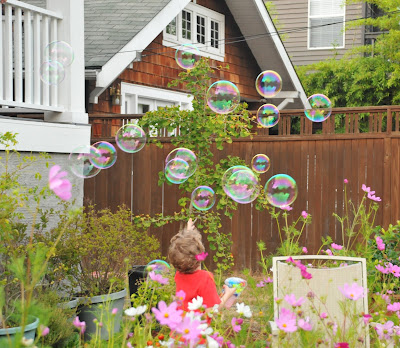
Something that inspired me to choose principles over rules:
We were at my mother-in-law's house and I offered to help with dishes, so she set me to dry, as she washed. The dish towel got so wet it wasn't doing any good, so I asked for a dry one. She said "Just use that one."
I continued to "help," but it was NOT helping. I was just wiping a wet cloth on already-wet dishes, which wasn't drying them at all.
If the principle of helping is to make things better, and if the principle of drying dishes is to wipe them dry, I was twice removed from what I had intended to do.
photo by Sandra Dodd
__

















